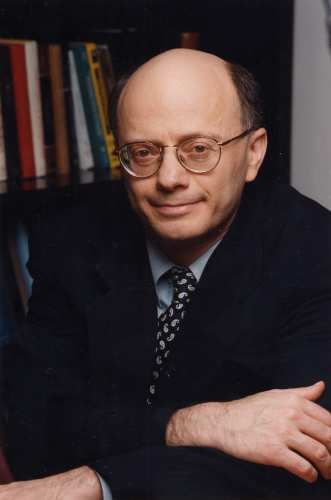Mar 20, 2009
DePaul University Youth Tobacco Access Study Indicates Purchase Limits And Fines Reduce Teen Smoking
DePaul University Youth Tobacco Access Study Indicates Purchase Limits And Fines Reduce Teen Smoking
A
The results of the study were published recently in the Social Science & Medicine Journal. Led by principal investigator Leonard A. Jason, a community psychologist and director of the Center for Community Research, the research team randomly assigned towns into experimental (E) and control (C) groups. The study’s goal was to evaluate the impact of tobacco PUP laws on youth smoking behavior, an under-evaluated area, according to researchers Jason, Steven B. Pokorny and Monica Adams.
“PUP laws are common in the
The 12 towns in the E group agreed to initiate or increase PUP law enforcement whereby minors received civil fines for smoking as well as worked with researchers and police departments to reduce illegal cigarette sales by merchants. The C group reduced access to retail tobacco sources as well, but received instructions to maintain their current low levels of PUP law enforcement. The towns were promised anonymity during the recruitment phase of the project.
Students were first surveyed in grades seven through 10 with the sample pool increasing one grade level every year over the four-year period. More than 4,600 students completed surveys between 2002 and 2005. Researchers found that tobacco use among minors was curtailed more significantly when there was both reduced access to tobacco and penalties for use of tobacco. Although smoking rates predictably increased during the time period due to the increase in students’ ages, the E group experienced a less than two percent age point (from 9 percent to 10.9 percent) increase, while the C group increased by slightly more than four percent age points (from 8.9 percent to 13 percent).
“The diminished increase in the two groups’ tobacco use has important health implications,” said Jason. “This current study contributes significantly to a growing body of evidence supporting the potential effectiveness of PUP laws for reducing youth smoking.”
Past work by Jason’s team has found that reducing access to tobacco products helped to reduce smoking among youth who were not yet addicted. The current study combines limiting access with greater emphasis on environmental interventions—a strategy that appears to thwart smoking among young people. Evidence of the impact of combined interventions on youth who are addicted is explored more fully in a study by Jason and his team that recently was published in the International Journal of Environmental Research and Public Health.
The findings released in Social Science & Medicine suggest that young people who are caught violating a PUP law may evaluate the pros and cons of tobacco use given the legal ramifications. Furthermore, the punishment in the form of economic consequences is believed to have a direct bearing on students’ behavior when it comes to illegal tobacco use.
Jason’s research is not without critics. Some anti-smoking organizations and fellow researchers are concerned that shifting enforcement efforts to teenagers by fining them takes the onus off merchants who sell tobacco products to minors. Jason said that one response to this concern is to make the “punishment” for minors who break the law one that may ultimately improve their health. “A PUP violation could result in the youth entering a smoking cessation program. One state has already taken this course.”
Questions about this study or DePaul’s Center for Community Research should be addressed to Jason by e-mail: ljason@depaul.edu or by phone: 773-325-2018.

Leonard A. Jason, Ph.D.
